Weather Sealed Micro Four Thirds Lenses and Cameras
–Updated May 2020–
If you’re looking to build a fully weather sealed Micro Four Thirds kit, hopefully this list of cameras and lenses will help. Not all bodies or lenses are weather sealed; look for the ‘Dustproof / Splashproof’ label.
Sometimes the peace-of-mind brought by weather sealing can mean the difference between staying inside and going out to shoot. If it means you’ll take more photos, I’m all for it.
I’ve only included cameras and lenses from Panasonic and Olympus.
For Fuji users: Fujifilm Weather Resistant Cameras and Lenses
Panasonic and Olympus Weather Resistant Cameras
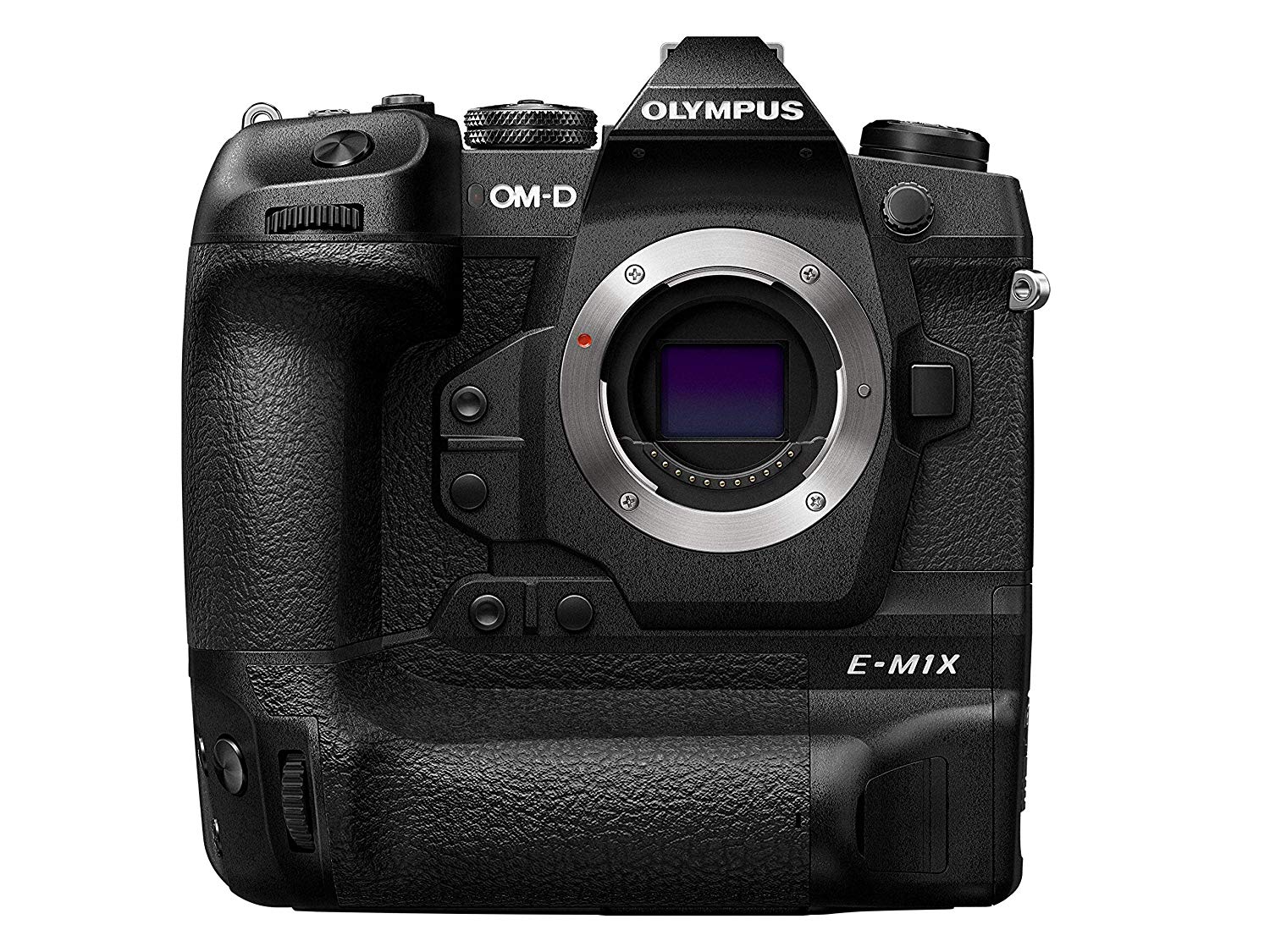
-
Olympus went all-out on everything about this camera; including it’s size. With a built in vertical grip the E-M1X continues Olympus’ tradition of confusing camera names and their tradition of ridiculous IBIS performance: up to 7.5 stops of compensation. This camera’s aimed at a specific niche of pro photographers; most would be better served with the smaller, cheaper, almost as excellent E-M1 II. Rated IPX1.
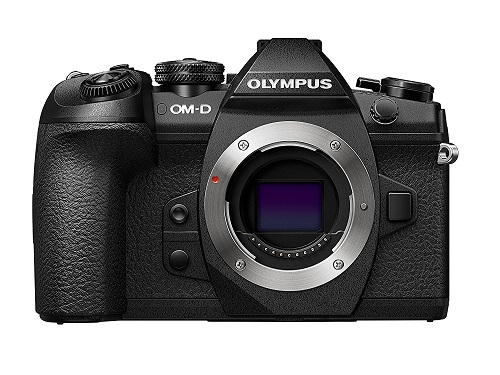
-
The E-M1 mark III is Olympus’ flagship camera. With an insane 7.5 stops of stabilization, it’s a great choice for photography. Rated IPX1.
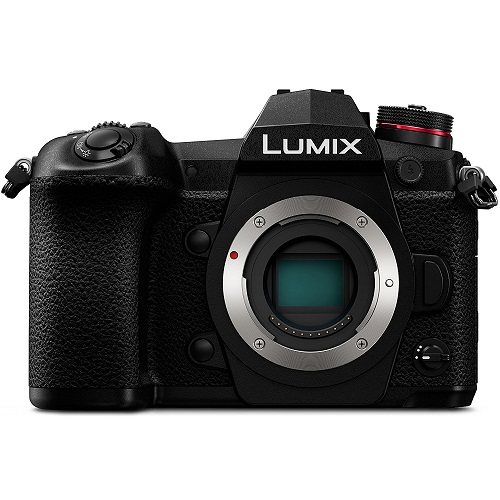
-
The G9 is Panasonic’s flagship photography camera, widely renowned for it’s excellent specs and handling.
-
If you’re making videos the GH5 or GH5s should be the first camera you look at. The GH5s has better low light capabilities but no in-body image stabilization.
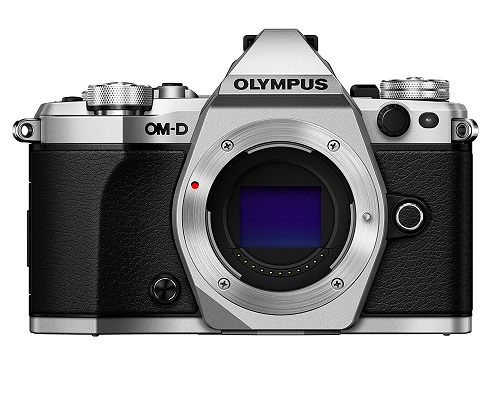
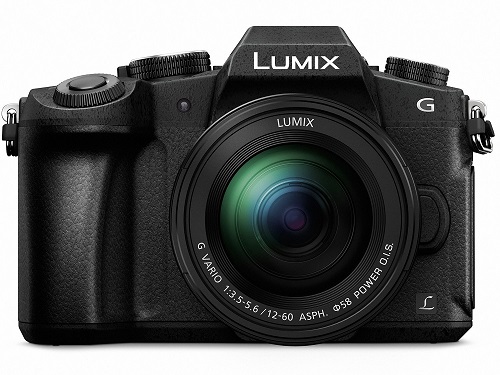
If you don’t need all the bells and whistles of a flagship camera, don’t waste your money. The E-M5 mark III and G95 are both great cameras in their own right, even if they aren’t at the top of the line.
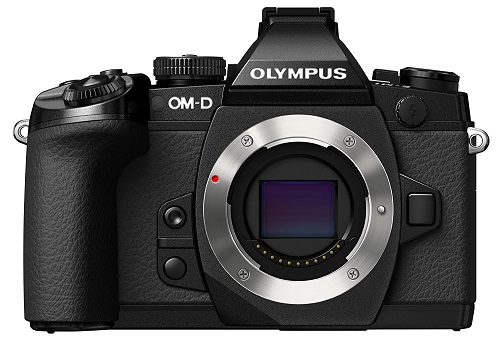
Panasonic and Olympus’ older offerings are still very capable cameras with great weather sealing. Good choice for those on a budget.
You really can’t go wrong with any of these choices. Try them out and get the one that best fits your budget and use cases.
Panasonic and Olympus Weather Resistant Lenses
Primes
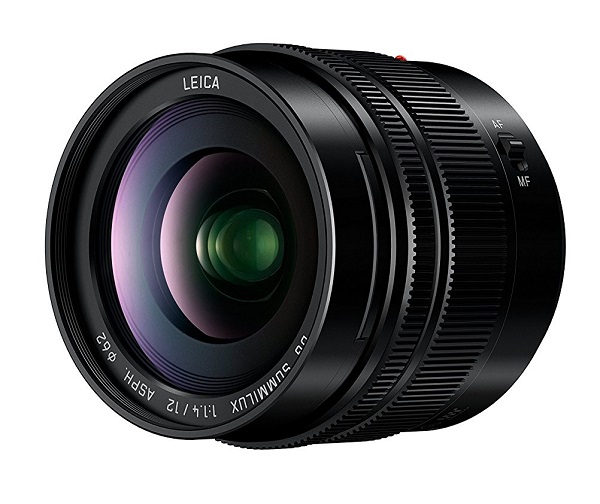
There’s enough Dustproof / Splashproof primes to cover every focal length you’d need. All on this list are excellent lenses. Unfortunately there aren’t many ‘budget’ smaller aperture primes (like Fuji’s lineup) with weather sealing.
- Olympus 8mm f1.8 Fisheye
- Panasonic Leica 12mm f1.4
- Sigma 16mm f1.4
- Olympus 17mm f1.2
- Olympus 25mm f1.2
- Olympus 45mm f1.2
- Olympus Macro 60mm f2.8
- Panasonic Leica 200mm f2.8
- Olympus 300mm f4.0
Zooms
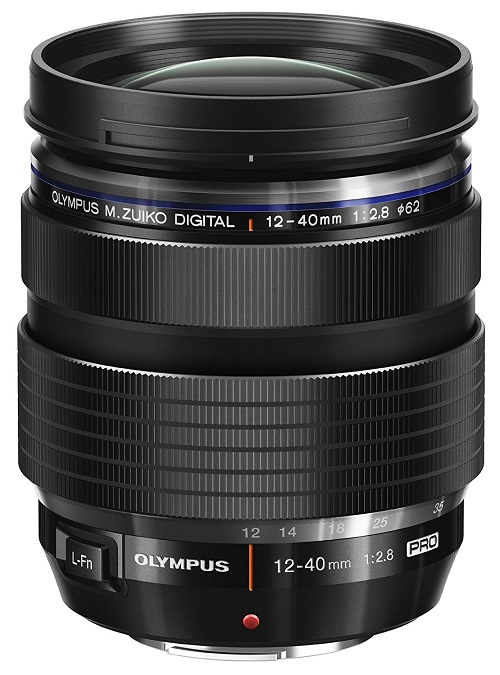
Zooms are a good choice in rainy or dusty situations where you don’t want to change lenses often. One of Micro Four Thirds’ strengths lies in it’s small, compact zoom lenses.
Wide
Standard
- Panasonic 12-35mm f2.8 POWER O.I.S.
- Olympus 12-40mm f2.8
- Olympus 12-50mm f3.5-6.3
- Panasonic Leica 12-60mm f2.8-4.0 POWER O.I.S.
- Panasonic 12-60mm f3.5-5.6 POWER O.I.S.
Telephoto
- Olympus 12-100mm f4.0 IS
- Olympus 12-200mm f3.5-6.3
- Olympus 14-150mm f4.0-5.6 II
- Panasonic 35-100mm f2.8 POWER O.I.S.
- Olympus 40-150mm f2.8
- Panasonic 45-200mm F4.0-5.6
- Panasonic Leica 50-200mm f2.8-4.0 POWER O.I.S.
- Panasonic 100-300mm f4.0-5.6 POWER O.I.S.
- Panasonic Leica 100-400mm f4.0-6.3 POWER O.I.S.
Splashproof / Dustproof Kit Options
Putting together a lens kit is a very personal thing. Think first about what you take photos of. No need to buy a telephoto if you only shoot wide-angle. The obvious choices are an all prime kit or two zooms, though you could mix and match. A nice Olympus setup could be: 7-14mm f2.8, 25mm f1.2, and a 40-150mm f2.8.
For a full list of Micro Four Thirds Lenses, including non-weather sealed lenses, check out The Four Thirds Lens Lineup
For videographers, especially vloggers, check out Tilty-Flippy Screen for lens recommendations.
How to Protect Your Camera Gear without Splashproofing: The Frugal Option
Buying a whole new set of lenses just for weather protection might not make sense for you. If you don’t go out in torrential thunderstorms or spend days trekking across the desert, there are cheaper options for protection.
A small plastic bag with a hole cut out for the lens will keep water off. If you want a bit more protection you can buy cheap rain covers. An umbrella can work if there’s no wind. Most well-built cameras and lenses can handle light rain with no problems (of course, if your camera breaks I didn’t tell you that!).
Where you really need weather sealing is in dusty or sandy areas. A bag might help in the rain, but it won’t be enough to keep serious grime out.
What Does Splashproof / Dustproof / Freezeproof Mean?
For Olympus and Panasonic Cameras, these labels are an indication that the lens is designed to withstand moderate amounts of water and dust without damaging the lens, camera sensor, or other interior parts. Rubber seals are placed at points around the camera or lens where water or dust might get in. Moving parts like buttons and port coverings are especially vulnerable. Freezeproofing allows the camera to operate even in freezing temperatures down to -10 Celsius.
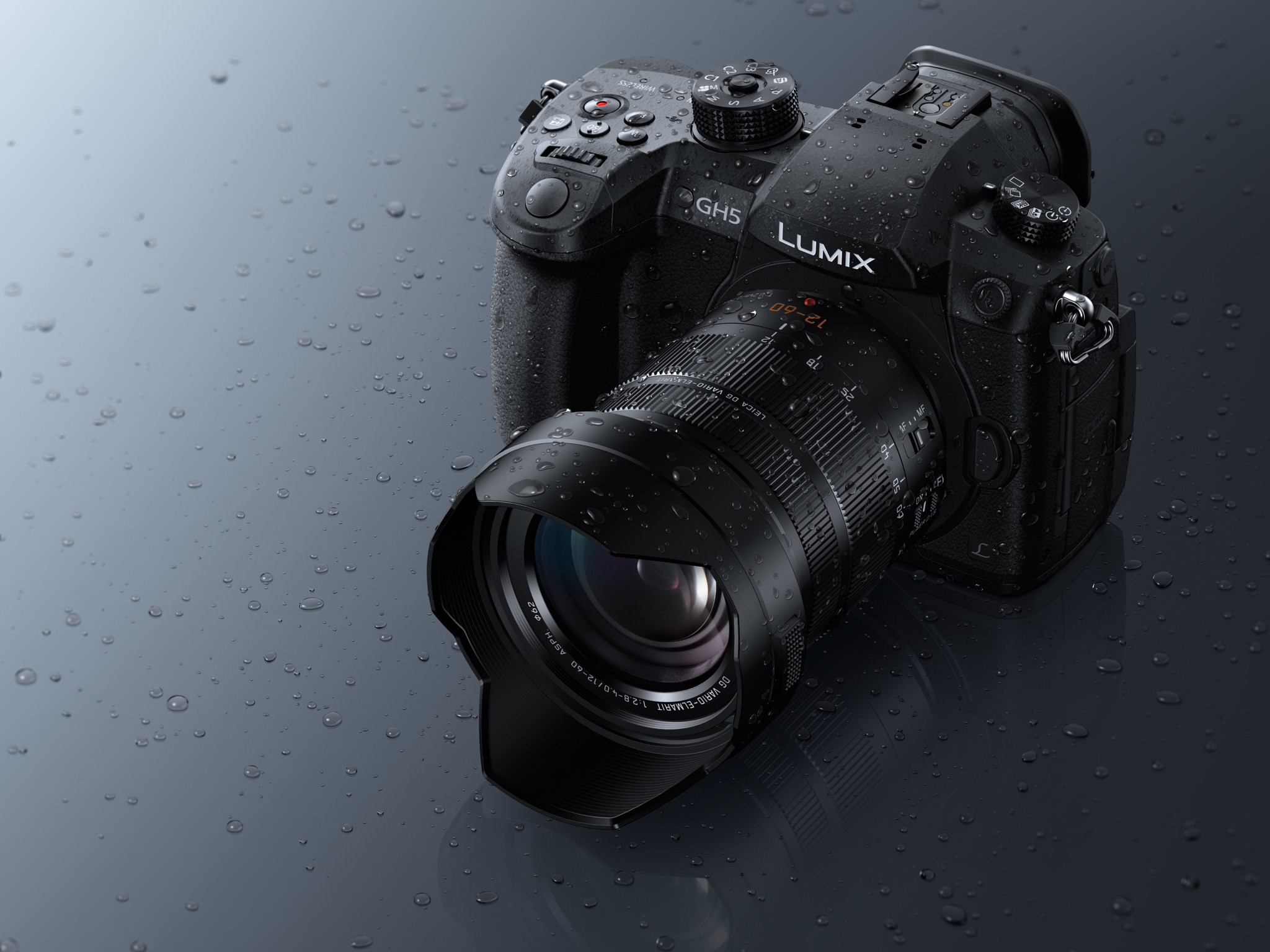
Weather Resistant cameras and lenses does not indicate an official IP rating unless specified by the manufacturer. Ingress Protection or International Protection ratings are an international standard that indicate a device’s ability to resist water or dust; you may have seen IP ratings on recent high-end phones.
Unfortunately as far as I know, camera manufacturers–besides Olympus–don’t provide IP ratings for their interchangable lens cameras. It may be too difficult or cost-prohibitive to perform the needed tests.
Disclaimers
Use your head, don’t take your weather resistant camera swimming.
Affiliate links on this page don’t cost you an extra cent and help me pay for website hosting.
I’m not affiliated with Olympus or Panasonic.